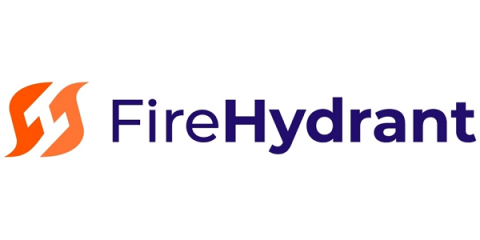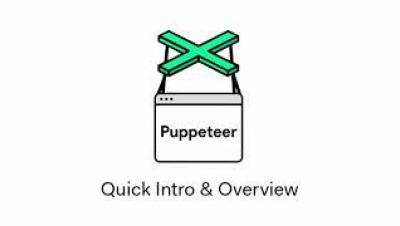The anatomy of an API call
You’ve probably heard the term API (application program interface) used more than a few times, but do you really understand what an API is, what it does, and how it works? In this article, we dissect the term and examine the many various aspects of an API call.











